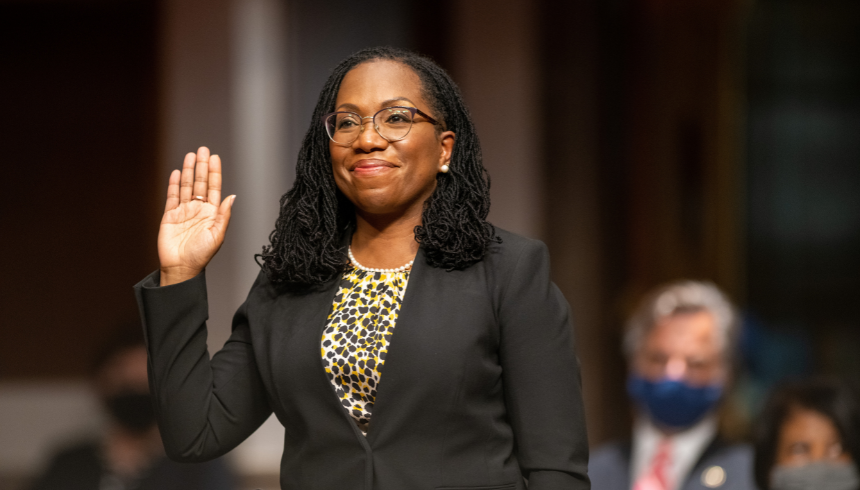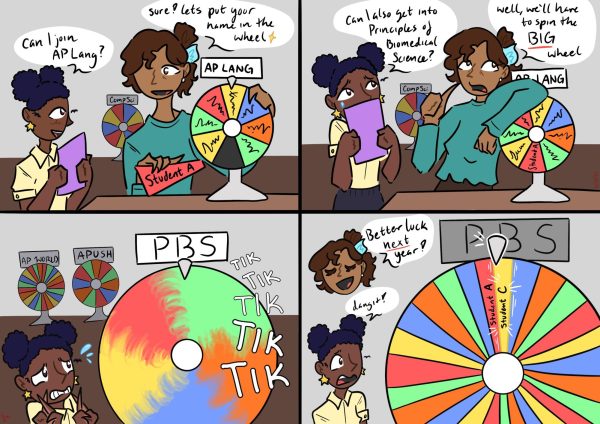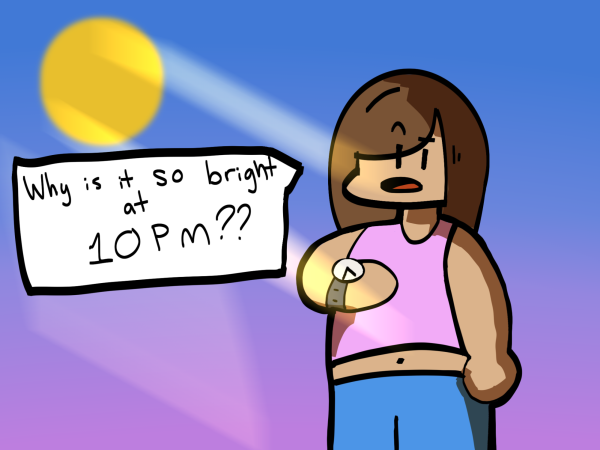Brown Jackson will go down in history
Photo courtesy of Committee on the Judiciary
Ketanji Brown Jackson becomes the 116th Associate Justice of the Supreme Court of the United States.
The nation recently witnessed Judge Ketanji Brown Jackson fight for her seat with the Supreme Court Justices.
We also witnessed the blatant harassment and disrespect that Brown Jackson received in the midst of it all.
Since its creation in 1789, the Supreme Court has been a majority White body, with just two Black men making it on the bench: Thurgood Marshall (1967) and Clarence Thomas (1991). Aside from that, there hasn’t been a single Black woman on the nation’s highest court.
It’s obvious that having a Black woman serve as a Supreme Court Justice would bring inclusivity and power to the ultimate voices of America’s society: older and White male politicians. But Black female representation in politics is a topic that America has tussled with for decades.
Brown Jackson’s confirmation hearing with the Senate Committee on March 21 took social media by storm after clips of her conversations with senators Ted Cruz (R-Texas) and Marsha Blackburn (R-Tennessee) went viral. Although it was obvious Brown Jackson was being continuously pressed by a handful of politicians, Cruz and Blackburn’s comments were stress-inducing in every way.
Blackburn confusingly asked Brown Jackson for her definition of a “woman” while debating trans rights. She responded, “I’m not a biologist.”
Brown Jackson continued to juggle the topics of critical race theory and gender identity during the confirmation hearing. During one of her many strange discourses, Cruz asked her if she believed “babies are racist,” and compared gender transitioning to “a Hispanic man deciding [they were] an Asian man.”
Witnessing a Black woman defend herself from powerful White figures in our society sent a very powerful message to anyone who could catch it. It has become a norm for Black women to be demonized in the media, just as Brown Jackson has been these past few months.
It’s not common, nor normal, to see a politician asking another one extremely irrelevant questions, especially when they are being questioned for a seat with the Supreme Court Justices.
Black women are constantly held at a standard to be strong, fierce, and demanding to anyone who comes their way. That same stereotype is held against them to make them look aggressive, loud and unprofessional. Surely enough, it seemed like the politicians who questioned her intelligence took on these characteristics instead.
With a 53-to-47 vote on April 7, Brown Jackson took her seat on the nation’s highest court. Not only is she the first Black female Supreme Court Justice, but she is also the fifth woman on the court ever, making it more than 40 years since Sandra Day O’ Connor was the first female Justice appointed in 1981.
Most importantly, Black girls growing up in America are able to see a reflection of themselves at the forefront of American politics and policy because of Brown Jackson.
“Black women are the most unprotected women in our society” is a saying that still holds true today. From police brutality to hate crimes, America has failed Black women countless times. Although it has felt like an endless wait to finally see a Black female justice, history has finally been made.
Having a Black woman as a Supreme Court Justice is more than a diversity number. It’s a voice for the underrepresented and silenced voices of Black women in our society.
And with a leader like Brown Jackson, Black women are finally promised a say in America’s endless eruption of White supremacy.

Melody Mulugeta is a senior at Cal High, and this is her first year reporting for The Californian. As she has just recently discovered her interest in...


